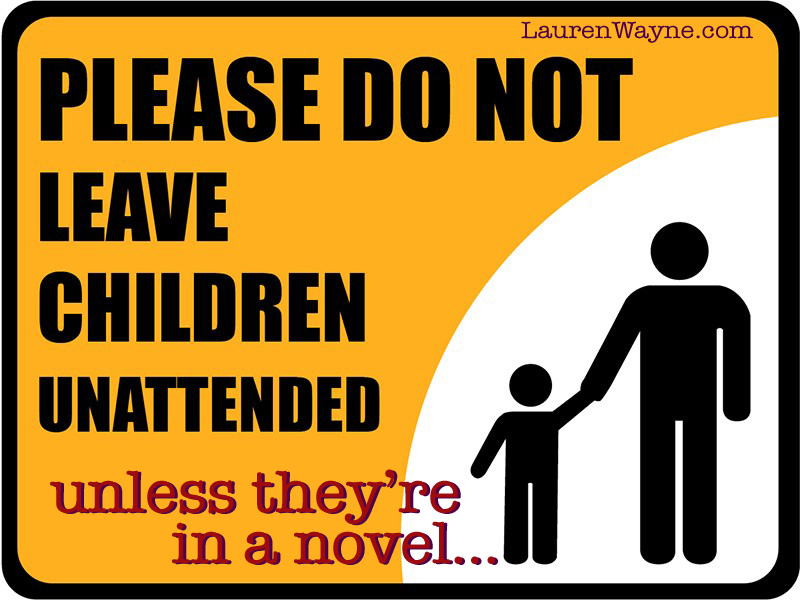
At the same time as I am reading Virals, a young adult novel by Kathy Reichs, I have happened upon this YouTube video from Feminist Frequency (thank you to Our Feminist Playschool for the direct) reviewing the book The Hunger Games:
The whole video's very interesting, as are Anita Sarkeesian's other works, but I just want to pull out one teensy tidbit that relates to the novel Virals as well as the whole oeuvre of children's literature.
Anita says that she finds it unbelievable that the parents in The Hunger Games wouldn't stand up and refuse to let their children be sacrificed.
Oh, yes. Totally. But that's viewing it as an adult and being all reasonable and stuff. Young adult and children's fiction depends on adults — and parents in particular — being ineffectual, powerless, cruel, or entirely absent.

I'm finding the book to be engaging (though farfetched toward the end) and an interesting read from the perspective of a writer who might one day attempt young adult fiction, and who once used to read quite a lot of it as a preteen and teen. It's especially intriguing to me to read this genre now from the perspective of a parent. Because as a parent, all I want to do is swoop in and save these teens from themselves: Tell a trusting adult; ask for help; don't break into laboratories; and, for heaven's sake, don't investigate decades-old murders!
But, see, my parent persona would quash any drama or, you know, plot. I never, ever, ever want my own children to have adventures that involve superviruses and getting shot at. But if you're the author-parent of the characters in your youth or kids novel, you have to set up the scenario in a way that leaves the children free and vulnerable, and in considerable danger. They need autonomy, and they need to be the driving force behind solving the conflict of the novel.
This is true across genres and age groups, by the way. If you're writing a story about a five-year-old fighting off a bully at kindergarten, the five-year-old has to figure out the answer to the problem, and it can't be to let the adults take over.
So that's why the downtrodden people of Panem don't resist The Hunger Games — because the novel required it. See how that works?
Of course, you want to make it as realistic as possible, and build in supporting reasons for why the adults might be useless or the children so independent. That's why so many heroes and heroines in children's literature are orphans, dontchaknow. It gives them a lot more leeway to go off on their own when no one's looking out for them.
But I suspect that, as an adult and especially as a parent, no reason will ever seem good enough to me anymore. Just make it believable to the kids who are your audience, because they're the ones who want to identify with the protagonists — off on adventures in their minds while their own caregivers keep them securely (we hope) ensconced in a safe home with access to good books!
Original Sign Credit: Creative Safety Supply





0 comments:
Post a Comment